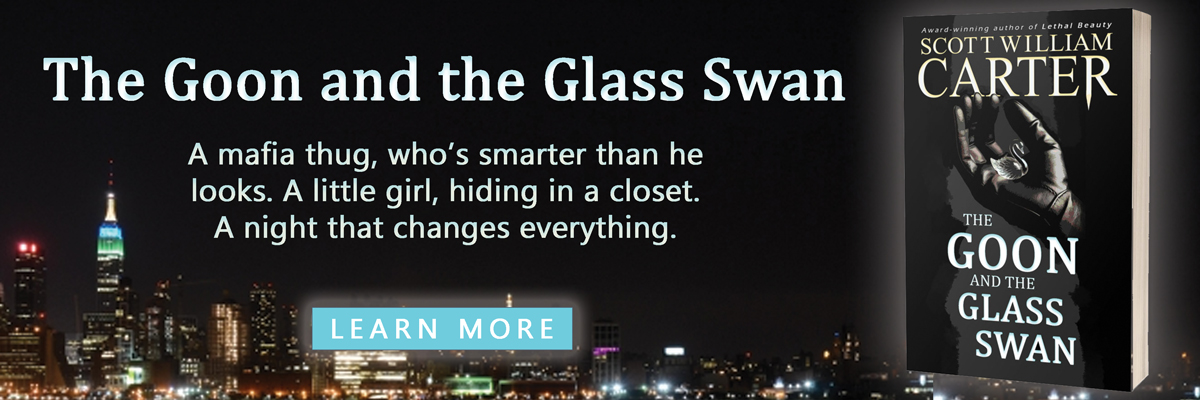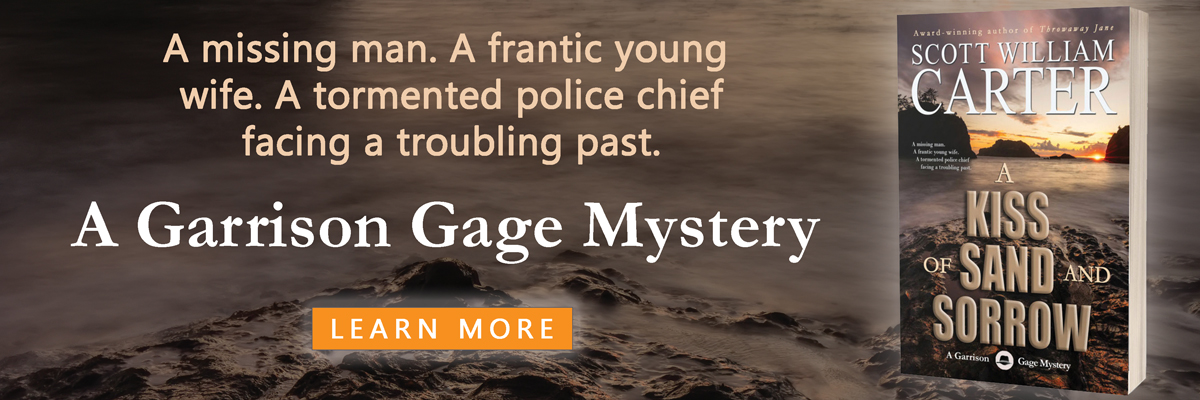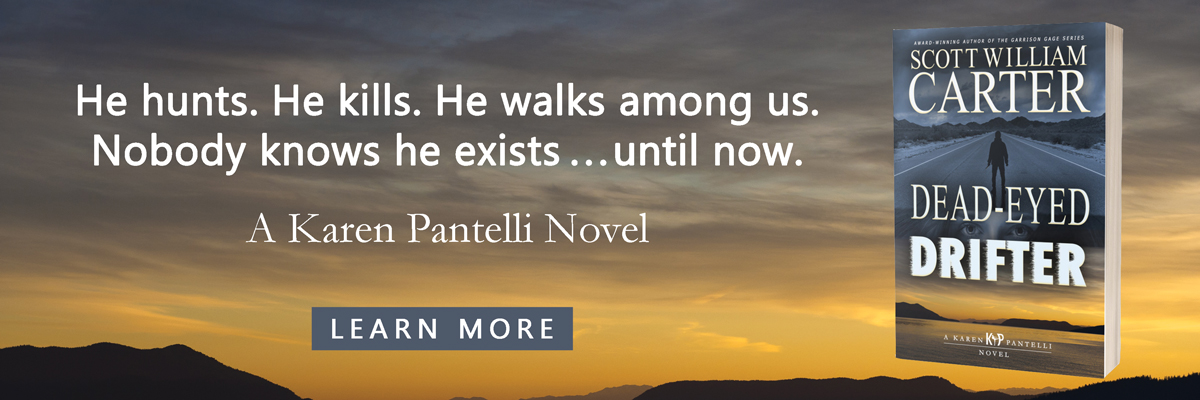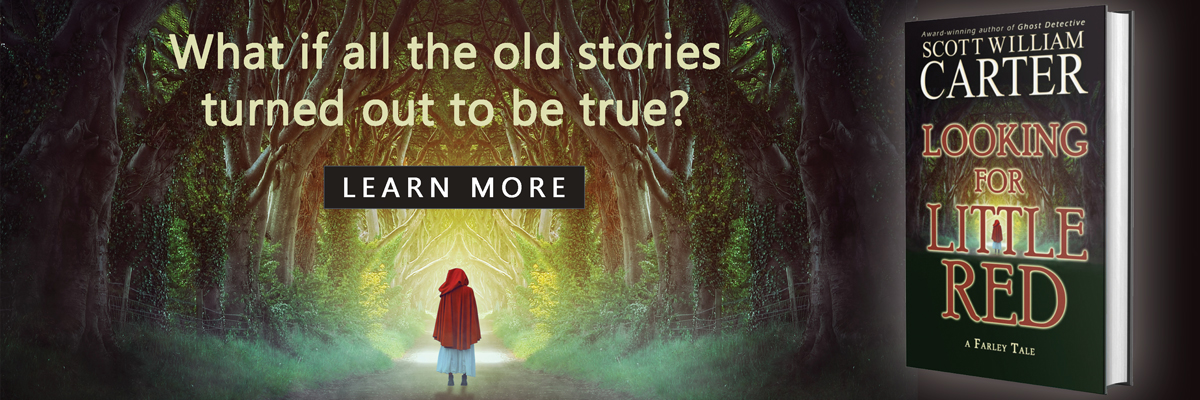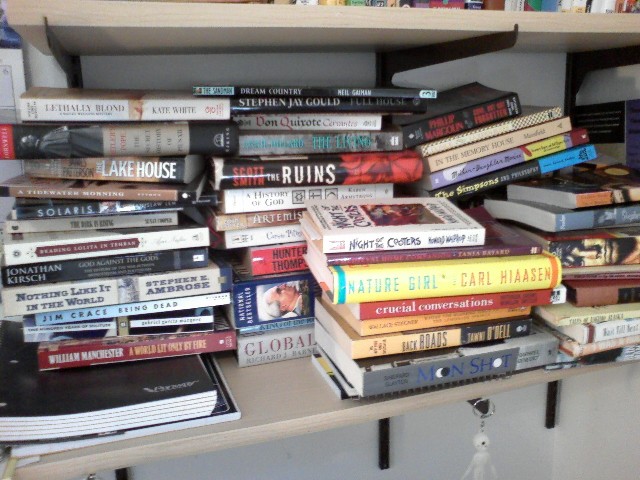The first professional fiction sale I made was a short story set in somebody else’s universe. It may also very well be the last time I write that kind of story.
Let me explain. This has nothing to do with how I feel about the story (I still love it) or the universe (the same). The story, “Protecting Data’s Friends,” was purchased by Dean Wesley Smith for the Star Trek: Strange New Worlds anthology. For ten years, Pocket Books put out an annual collection of the best Star Trek stories from non-professional writers — meaning, writers who hadn’t sold a novel or more than three stories. We were paid ten cents a word, and I still have a copy of that check framed on my wall as the first money I was ever paid for my fiction. It was a great day when I learned I’d sold it.
So I have nothing but good feelings for that story. There are writers out there who think it’s somehow shameful to write “media-tie-in” fiction, that it’s akin to slumming, but I don’t feel that way at all. I also don’t begrudge any writer for writing stories or novels set in other people’s universes; if they’re having fun, and making money, it’s all good. Growing up, some of the first books I cut my teeth on were media-related, which proves it really can be gateway fiction.
But here’s the deal. If you play in somebody else’s sandbox, you don’t get to play the literary lottery.
What’s the literary lottery? If you write a book geared for a mass audience that’s completely your own work, every time it lands on an editor’s desk, you’re playing the literary lottery. It may be a book that’s lucky to sell a few thousand copies or it may be the next Harry Potter. It may garner you a modest advance or a mega deal of over six figures. Or maybe it doesn’t sell at all. You just don’t know. That’s what makes it the literary lottery.
Now, it’s true that very, very few books have the potential to be bestsellers. In fact, at least two-thirds of the time, I’d be willing to bet good money after glancing at a book whether it does or doesn’t have that potential. That’s not to say it’s a bad book. It’s just that some books are slotted at a certain level. But if you write a book set in somebody else’s universe — what’s usually called “work-for-hire” — in almost all cases you don’t own the copyright to that work. If it becomes a mega seller, you may benefit beyond your initial advance, or you may not (it depends on your contract), but you have no control over that product. With books that are a hundred percent your own, however, you have full control unless you sign any part of it away.
So if you’re like me, with a day job, two kids, and a crazy busy life, you have to make certain choices with your writing time. Right now, at my maximum, I think I can write three books a year, as well as a handful of short stories thrown in for good measure — that’s if I stick to my four or five pages a day quota. Should I spend that time writing books geared for the widest audience possible, or should I write a book set in somebody else’s universe?
Different writers will answer this question differently. It can be tremendously fun playing in somebody else’s sandbox. Like I said, I loved writing that Star Trek story. But the next year, since the other stories I’d sold hadn’t been published yet, and I was still eligible for Star Trek Strange New Worlds, I wrote another one. And guess what? The editor didn’t buy it. It’s okay, it happens, but now what? Here’s the problem: There were no other markets for that story.
When I look at the three dozen short stories I’ve sold so far, less than a third sold the first time out of the chute. I had one story I sold after a dozen rejections for over a thousand dollars. Once your writing gets to a certain level, it’s mostly about taste and timing. Sometimes a story (or a novel) needs to land on a lot of editors’ desks before it gets bought.
For me, though, the most important reason for writing only my own fiction has nothing to do with the fiction itself. It has to do with my finances. You see, my day job completely covers my expenses. This is important: I don’t need the writing money to survive.
This gives me a freedom that full-time professional fiction writers may not have. When the mortgage payment is looming, or the creditors are filling up your answering machine demanding payment, you don’t have the same freedom. Someday I may have that problem, but right now I can focus only on the books that have the highest probability of reaping me the biggest rewards. Writers like to dream about going sans day job, but a day job does have certain advantages.
It allows me to play the literary lottery each time out of the chute.
So when someone asks me if I’ll ever write more Star Trek stories, and I say probably not, this is the reason why. It’s not snobbery. It has nothing to do with Star Trek itself — I love the universe, both the show and the books — and everything to do with having the freedom (a day job that pays the expenses) to do what’s best for my writing career long term.
Of course, this doesn’t mean it will always work. It just means I’m reaching for it.

